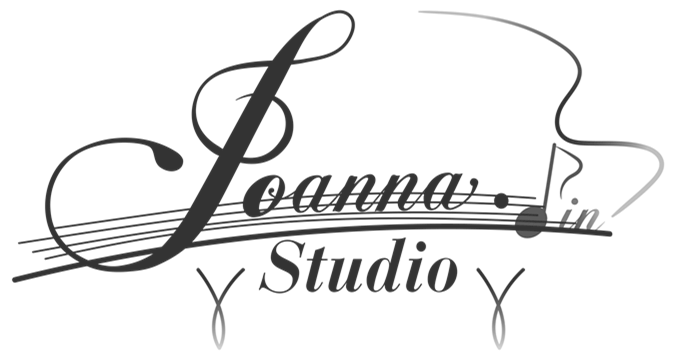
FAQ

How long does it take to learn an instrument?
Here are some factors that can influence the time it takes to learn an instrument through the RCM or a similar program:
1. Instrument Choice: Some instruments may be more challenging to learn than others. For example, mastering a complex instrument like the violin may take longer than learning a simpler instrument like the recorder.
2. Previous Musical Experience: Individuals with prior musical experience or a background in music theory may progress more quickly than those starting from scratch.
3. Practice Time: Regular and consistent practice is crucial for skill development. The more time and effort you dedicate to practicing, the faster you are likely to progress.
4. Natural Talent: Some individuals may have a natural aptitude for music, which can contribute to quicker progress. However, dedication and practice are usually more important factors in long-term success.
5. Age: Younger learners often pick up musical skills more quickly than adults, although adults can certainly excel with dedicated practice.
6. Lesson Frequency and Quality: The frequency and quality of lessons can impact progress. Regular lessons with a skilled teacher who provides constructive feedback can significantly accelerate learning.
7. RCM Grading System: The RCM uses a graded system, and progressing through each level requires mastery of specific skills. The time it takes to move through these levels can vary.
8. Personal Goals: Your individual goals, whether it's playing for personal enjoyment, passing RCM exams, or pursuing a career in music, can affect the time and effort you invest in learning.
It's challenging to provide a specific timeframe as it depends on the combination of these factors. Some people may progress quickly and complete several RCM levels in a few years, while others may take longer. Regular practice, dedication, and a genuine love for the instrument are key components of successful musical learning.
Are the teachers qualified?
Can I just take one month of lessons?
While we typically recommend committing to a longer duration of lessons to see substantial progress, we understand that sometimes scheduling constraints or other commitments may limit your availability. Before proceeding, we kindly ask you to review our studio policy regarding lesson duration and enrollment periods. Our policy outlines the minimum commitment required for lessons and any associated fees or terms. Once you've had a chance to review it, please let us know if you have any further questions or if you'd like to discuss your specific situation further.
How much practice should my child do each week?
Here are some general recommendations for practice time for students at different levels within the RCM (Royal Conservatory of Music) program:
Elementary Level (Prep A to Grade 4):
- Beginners (Prep A to Grade 1): Aim for 15 to 30 minutes of practice per day, 4 to 5 days a week.
- Early Intermediate (Grade 2 to Grade 3): Increase practice time to 30 to 45 minutes per day, 5 days a week.
- Late Elementary (Grade 4): Aim for 45 minutes to 1 hour of practice per day, 5 to 6 days a week.
Intermediate Level (Grade 5 to Grade 8):
- Early Intermediate (Grade 5 to Grade 6): Aim for 1 to 1.5 hours of practice per day, 5 to 6 days a week.
- Late Intermediate (Grade 7 to Grade 8): Increase practice time to 1.5 to 2 hours per day, 6 days a week.
Advanced Level (Grade 9 to ARCT):
- Early Advanced (Grade 9 to ARCT Level 3): Aim for 2 to 3 hours of practice per day, 6 days a week.
- Late Advanced (ARCT Level 4 to ARCT Performer's): Increase practice time to 3 to 4 hours per day, 6 to 7 days a week.
These are general guidelines and can vary based on the individual student's goals, commitments, and progress. It's important to maintain a consistent practice routine and to work closely with the teacher to tailor practice goals to the student's needs and abilities.
Can we arrange group lessons?
We absolutely offer group lessons! Group lessons can provide a dynamic and engaging learning environment where students can interact with peers, collaborate on musical activities, and develop important social and performance skills. They are also a great option for those looking for a more cost-effective way to learn music.
Group lessons are typically arranged based on age, skill level, and musical interests to ensure that students receive tailored instruction that meets their needs. If you're interested in joining a group lesson or would like more information about our group lesson offerings, please don't hesitate to reach out. We'd be happy to discuss the options available and find the best fit for you or your child!
What instrument will we need at home?
For optimal progress and enjoyment in our piano studio, we highly recommend having a grand piano at home. The grand piano provides the best touch, tone, and overall playing experience, closely resembling the instrument students will be learning on during their lessons. The responsive touch and rich sound of a grand piano contribute significantly to the development of technique, expression, and musicality.
If obtaining a grand piano is not feasible, a standard acoustic piano (upright piano) would be the next best option. While it may not offer the same level of touch and tone as a grand piano, it still provides a suitable platform for practice and progress.
We do not recommend using electric pianos for home practice, as they often lack the authentic touch and sound of acoustic pianos. The weighted keys and hammer action found in acoustic pianos are essential for developing proper technique and sensitivity in playing dynamics. Additionally, acoustic pianos offer a more immersive and resonant sound experience, which is crucial for developing a deep connection to the music being played.
Ultimately, having a quality acoustic piano at home ensures that students can fully immerse themselves in their practice sessions and make the most of their musical journey. If you have any further questions or concerns regarding piano options for home practice, please feel free to reach out, and we'd be happy to assist you further.

